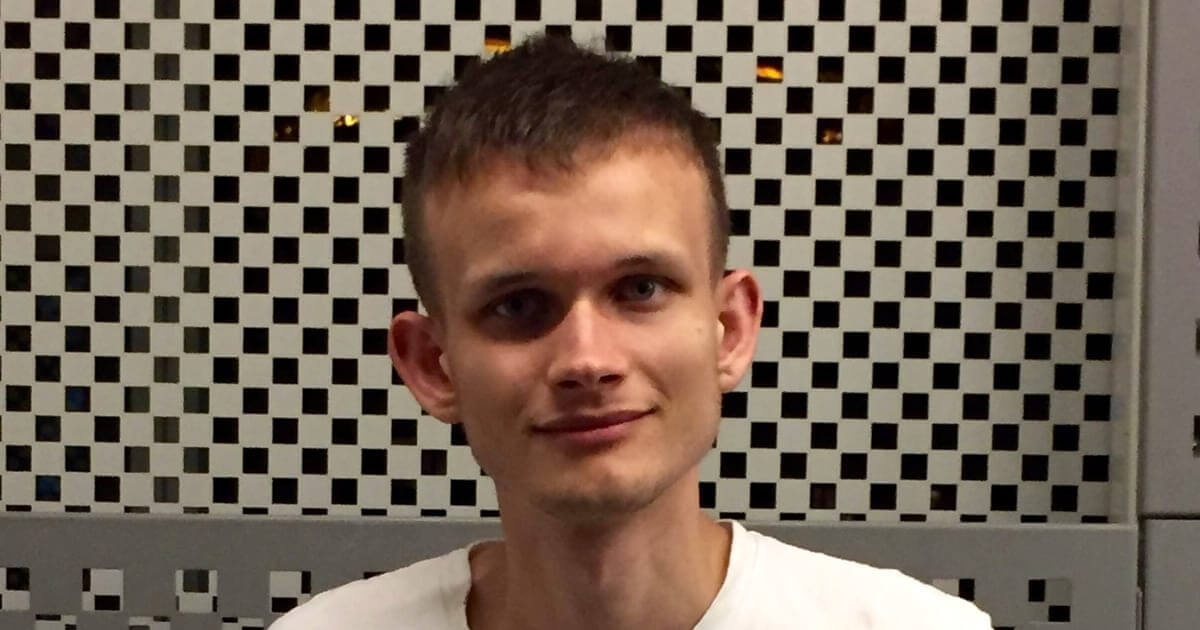Ethereum Co-Founder Vitalik Discusses Worldcoin's Biometric Proof of Personhood
Zach Anderson Jul 24, 2023 12:00
Ethereum's Vitalik Buterin explores Worldcoin's biometric proof-of-personhood, discussing its potential value, applications, and challenges such as privacy, accessibility, and centralization.

Co-founder of Ethereum Vitalik Buterin explored the idea of biometric evidence of personhood, a subject that is gaining popularity in the Ethereum community, in a blog post from July 24, 2023. The article "What do I think about biometric proof of personhood?" examines the possible benefits and difficulties of decentralized proof-of-personhood solutions.
According to Buterin, proof of personhood is a kind of real-world identification that claims a certain registered account is run by a real person, preferably without disclosing whose actual person it is. The "unique-human problem" is addressed by this idea, which has become the subject of various initiatives, including Proof of Humanity, BrightID, Idena, and Circles.
One of the most ambitious projects in this space is Worldcoin, co-founded by Sam Altman, CEO of OpenAI. Worldcoin's approach to proof of personhood is unique as it relies on sophisticated biometrics, scanning each user's iris using a specialized hardware called "the Orb". The goal is to distribute these Orbs globally, making it easy for anyone to get an ID.
Buterin acknowledges the criticisms Worldcoin has faced, including privacy and security concerns around the Orb, design issues in its "coin", and ethical issues around some choices the company has made. He also discusses the broader concerns about whether biometrics are a good idea at all and the potential risks of proof of personhood in general, such as privacy leaks, coercion by authoritarian governments, and the challenge of maintaining security while being decentralized.
The blog post also explores the importance of proof of personhood, stating that it is valuable because it solves anti-spam and anti-concentration-of-power problems, avoids dependence on centralized authorities, and reveals minimal information. Without proof of personhood, decentralized governance becomes easier to capture by wealthy actors, including hostile governments.
Buterin also discusses the potential applications of proof of personhood, which include airdrops for token distributions, voting in DAOs, protection against bots/sybil attacks in social media, and an alternative to captchas for preventing DoS attacks, among others.
Despite the potential benefits, Buterin acknowledges the challenges that biometric proof-of-personhood systems face, including privacy concerns, accessibility issues, and centralization risks. He also explains Worldcoin's solutions to these problems, including as its long-term dedication to decentralization, its use of ZK-SNARKs and other cryptographic tools to safeguard users' anonymity, and its possibility for auditing Orbs to make sure they are constructed appropriately.
In conclusion, Buterin's paper offers a thorough examination of the idea of biometric evidence of personhood, as well as its possible advantages and drawbacks. It presents a fair viewpoint, taking into account both the necessity for major issues to be addressed as well as the potential for these systems to tackle important problems.
Image source: Shutterstock
.jpg)